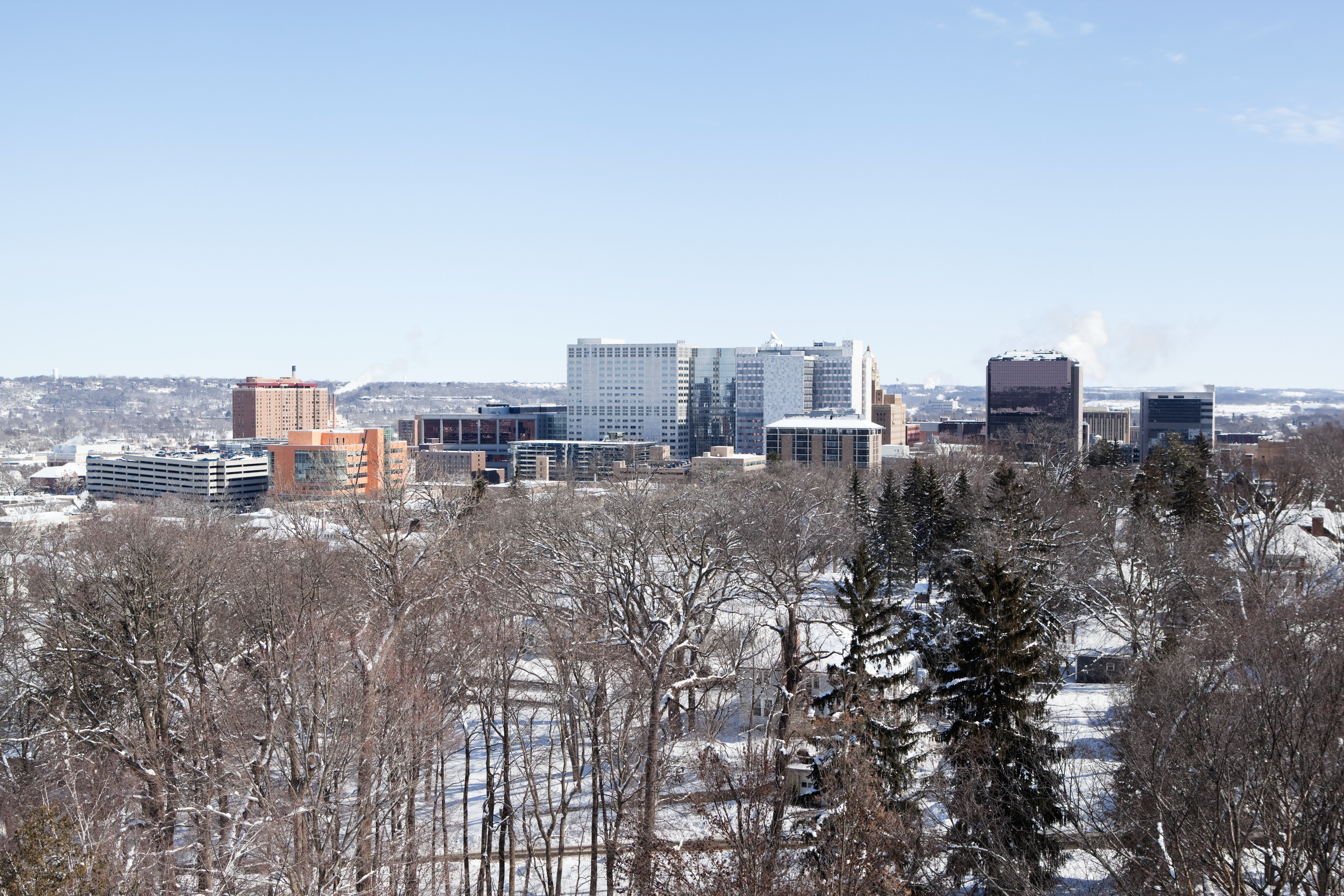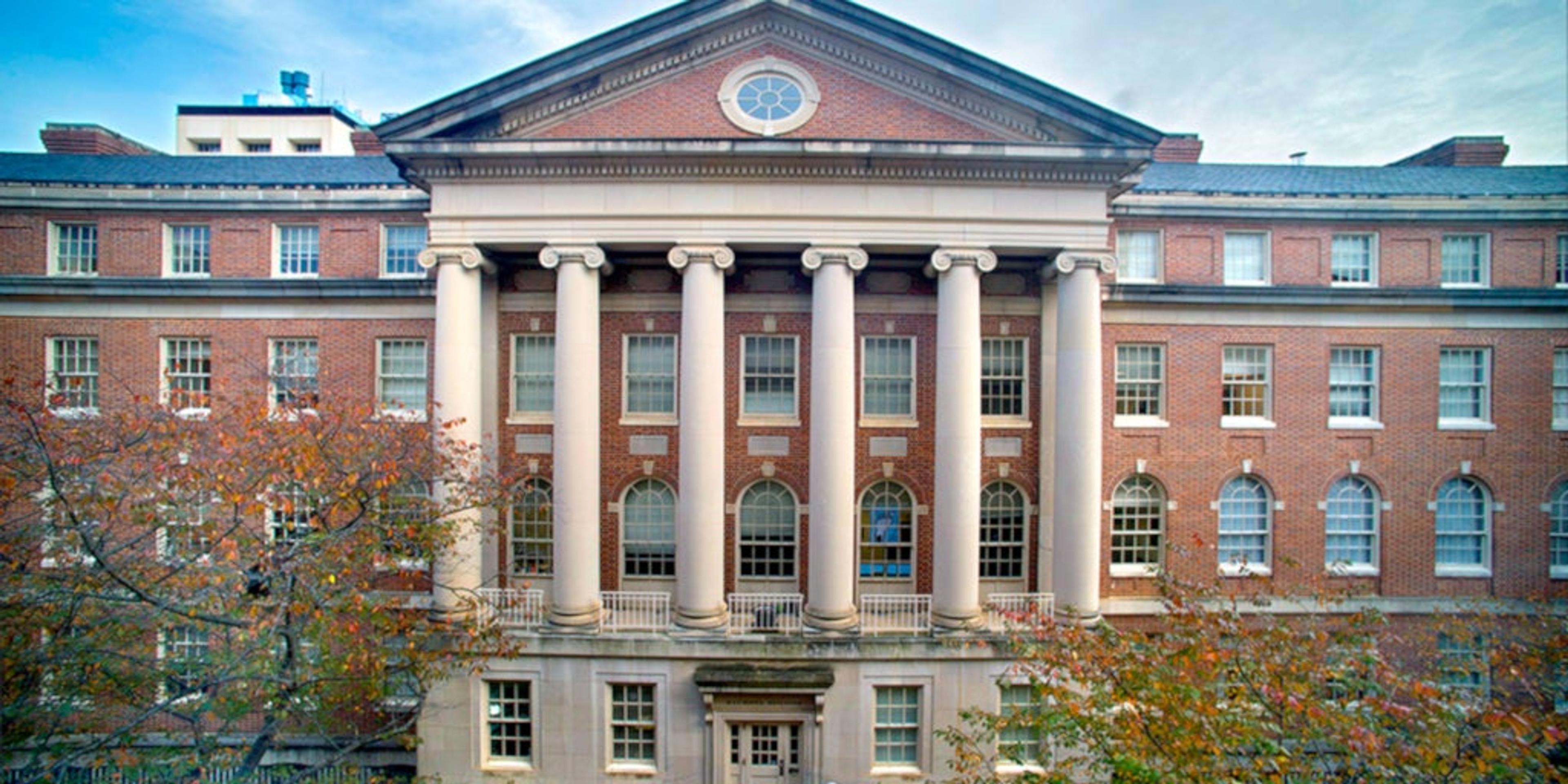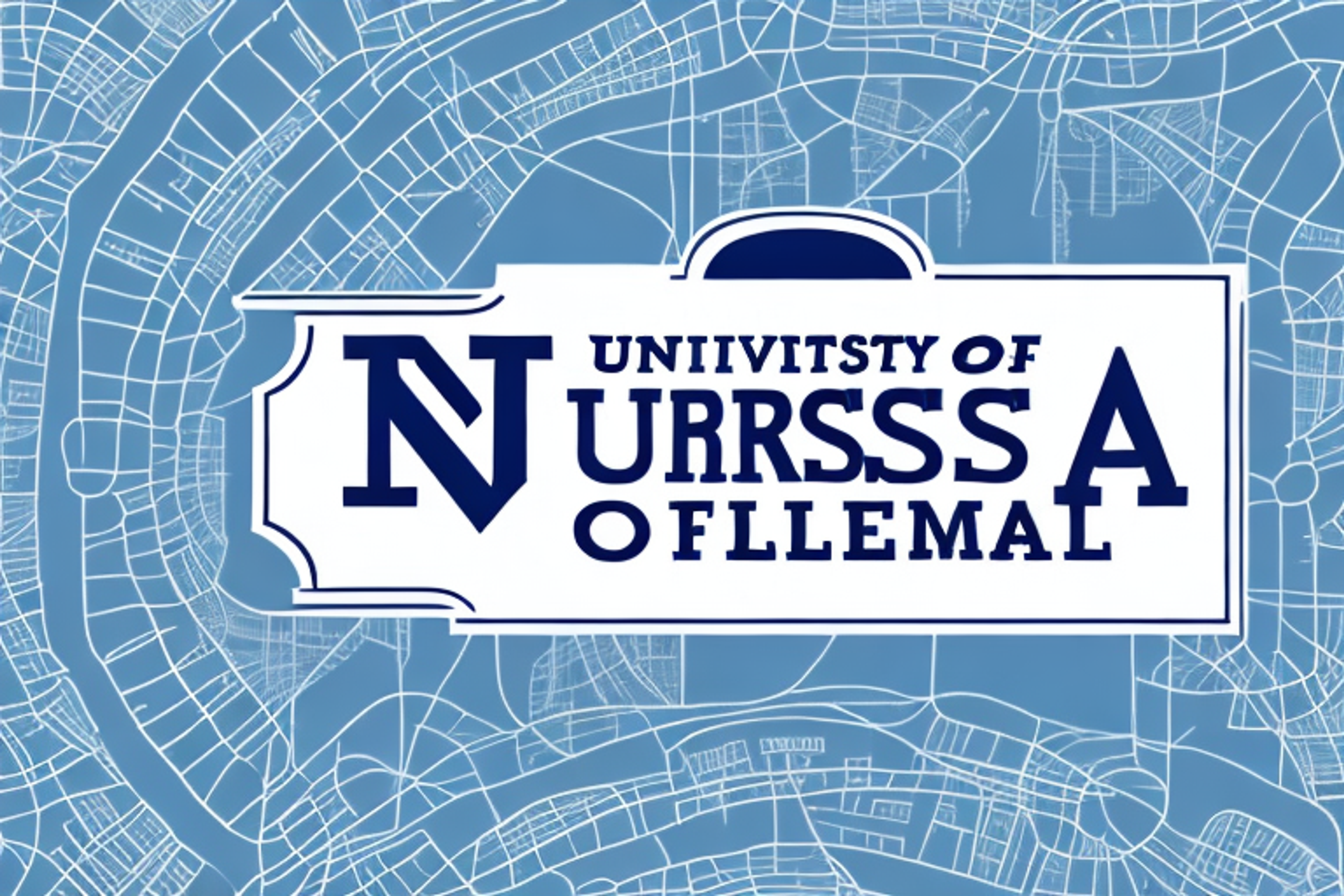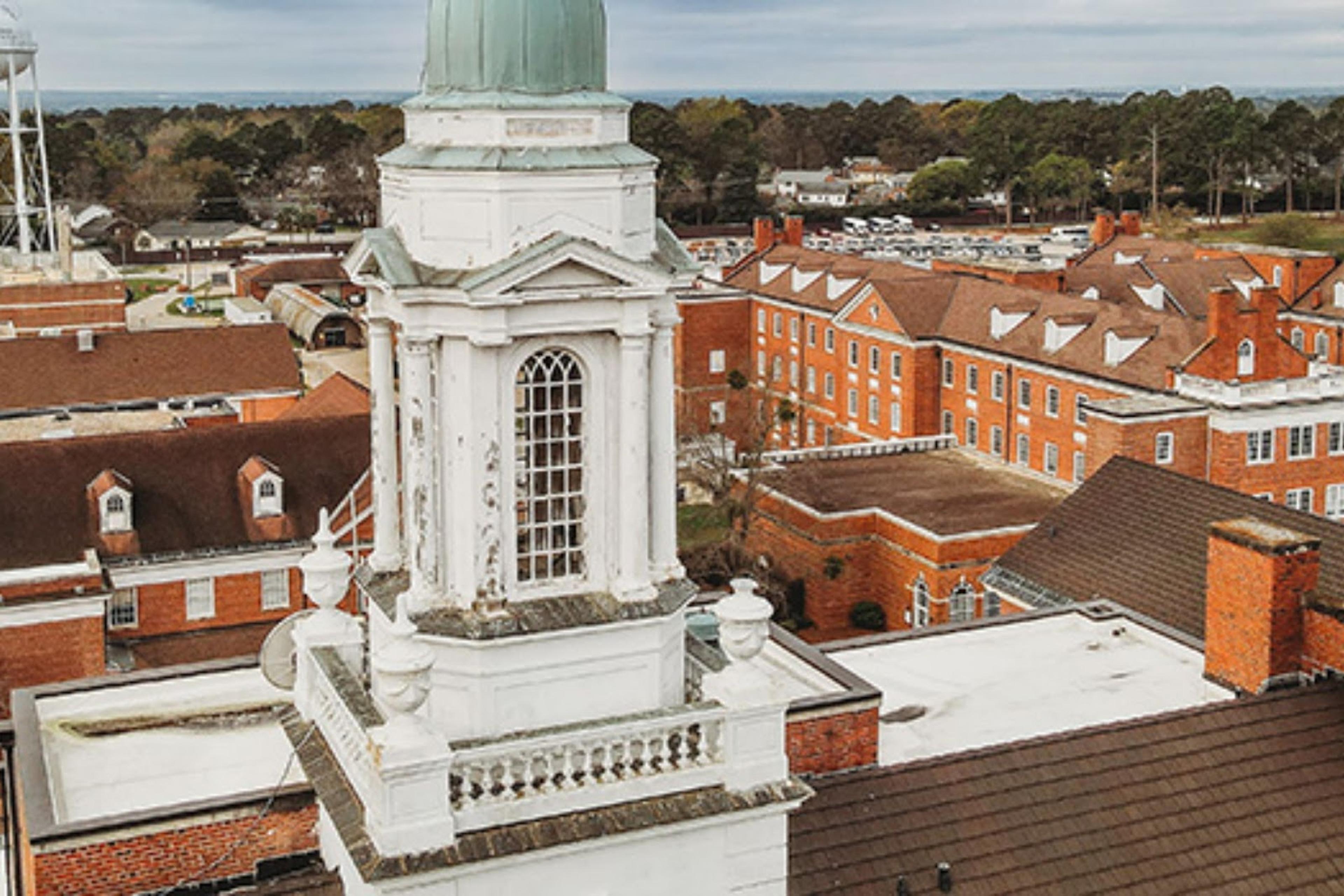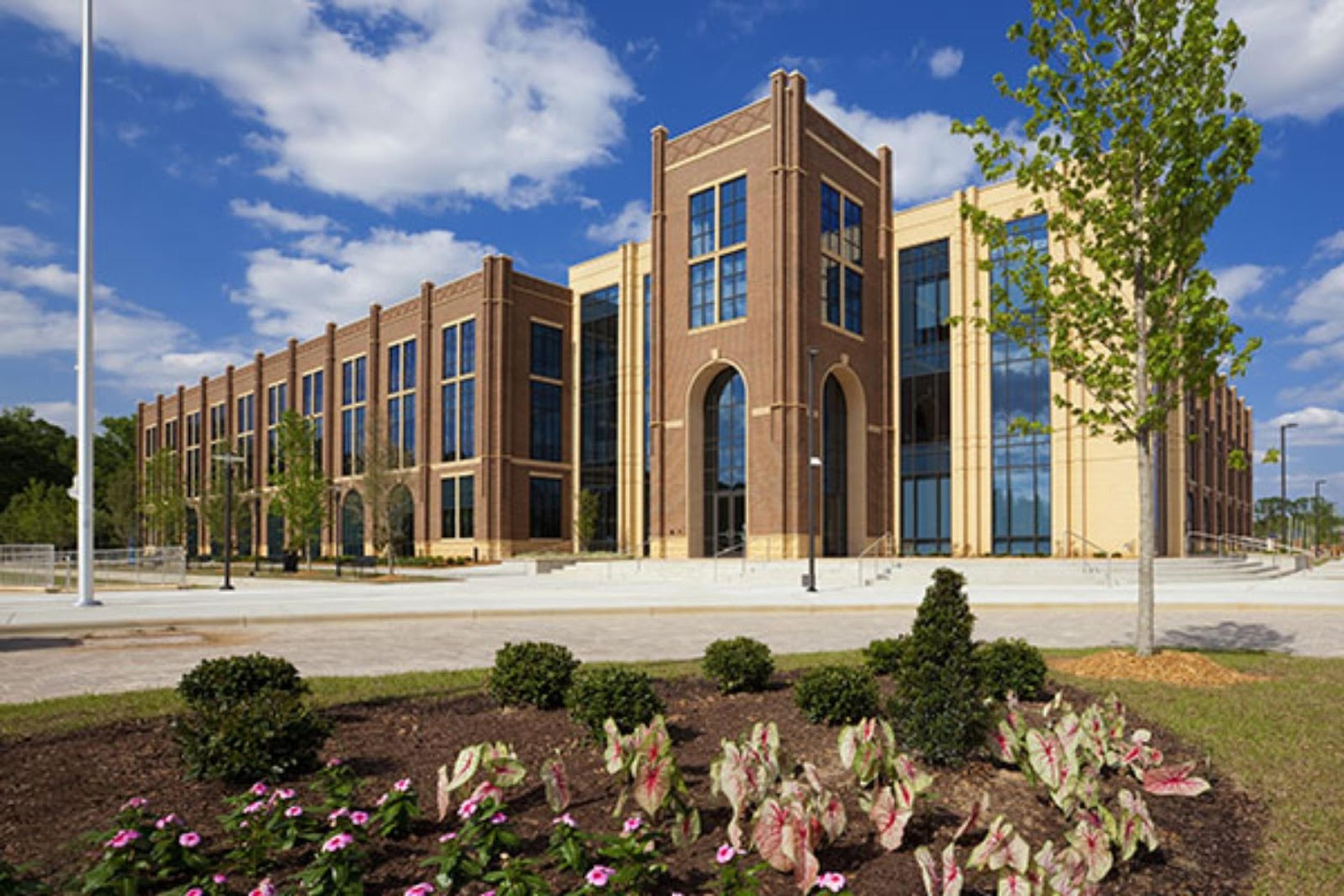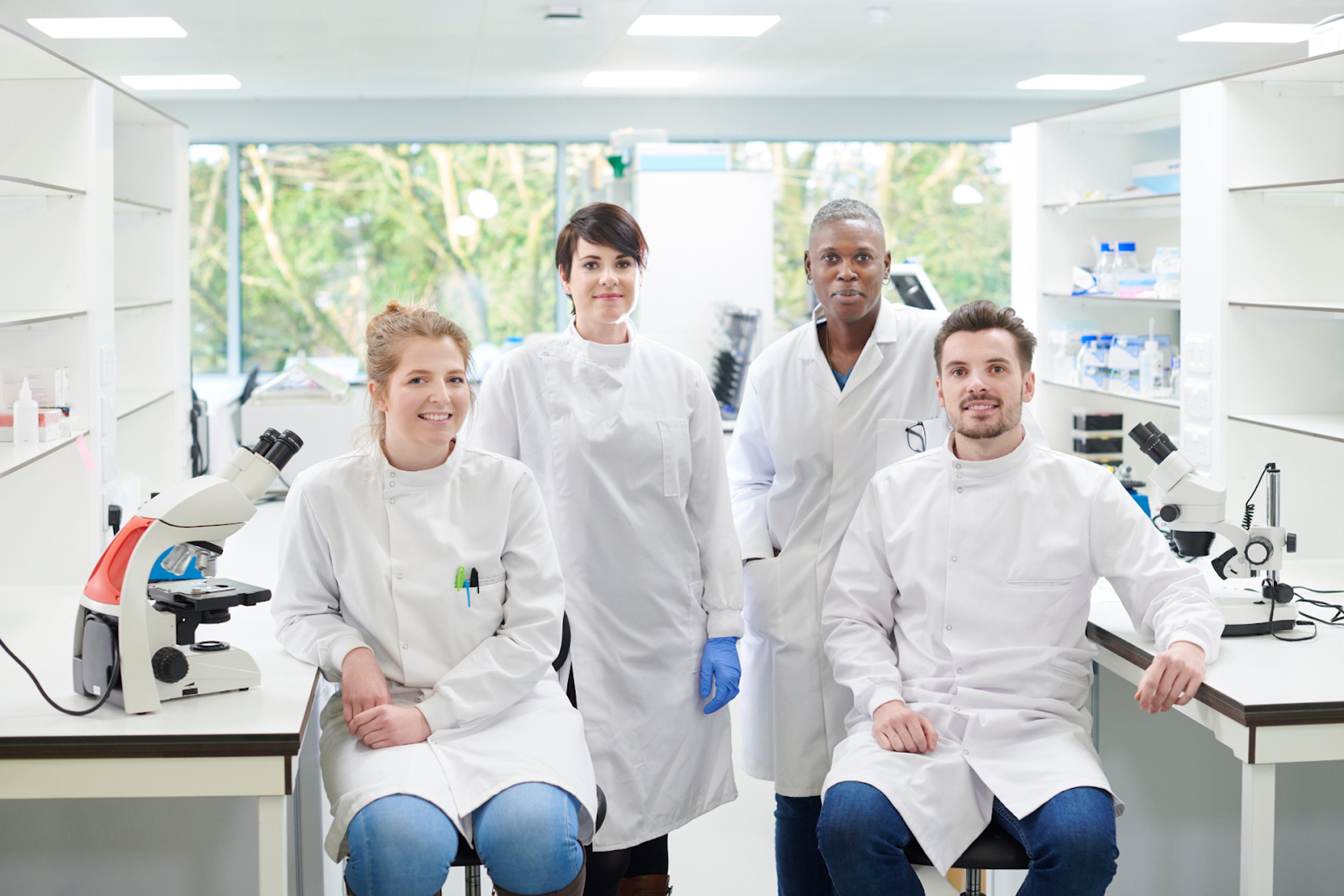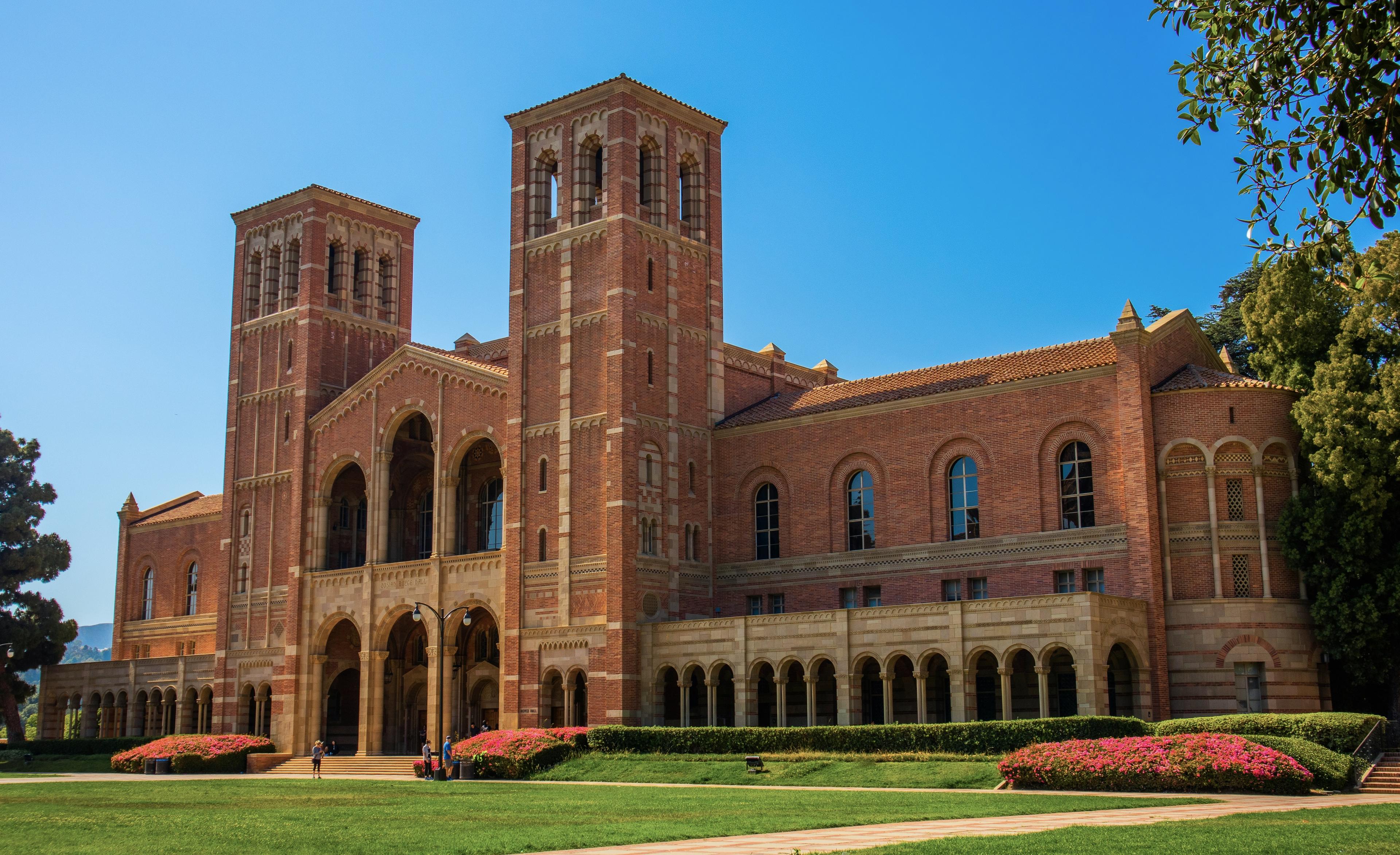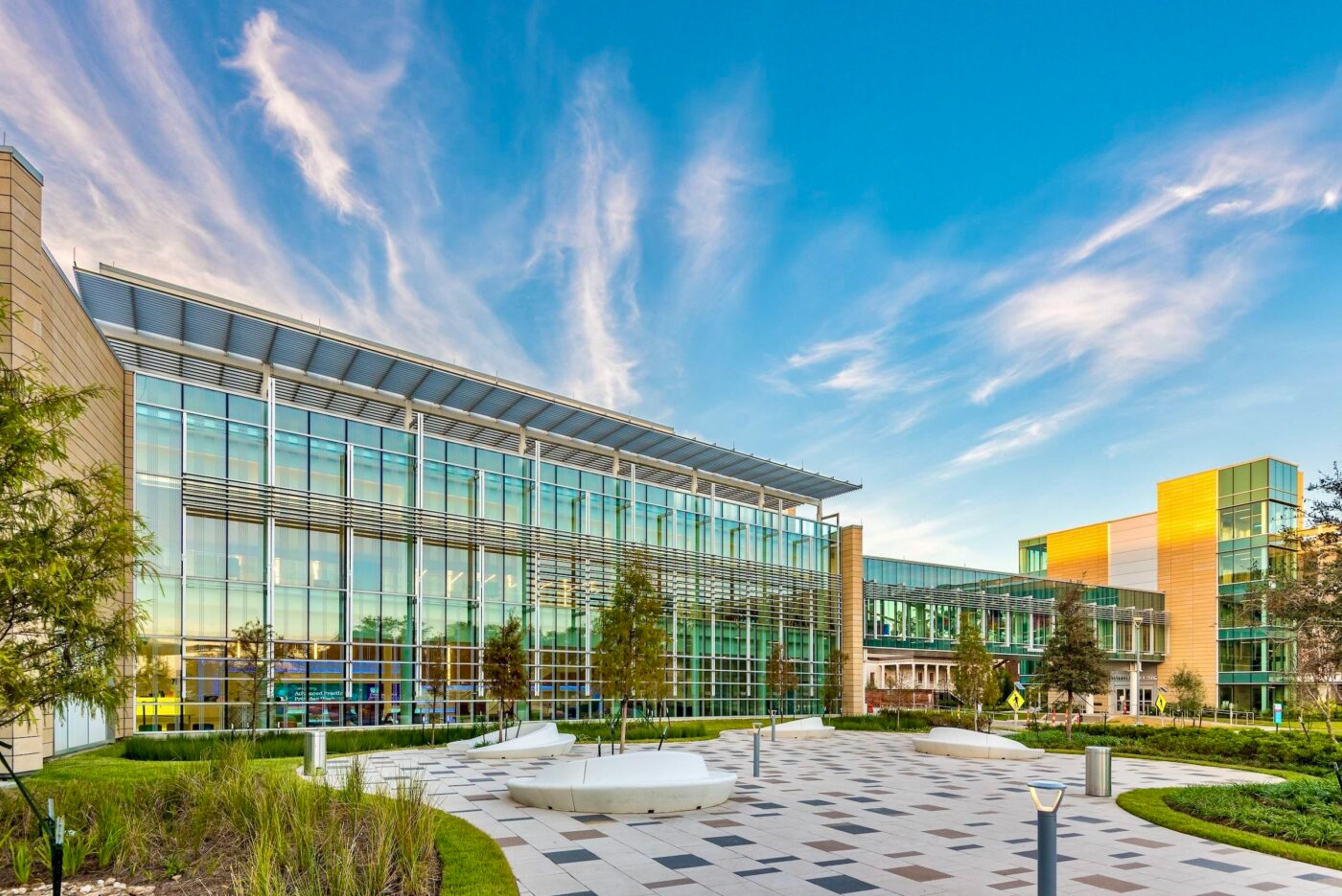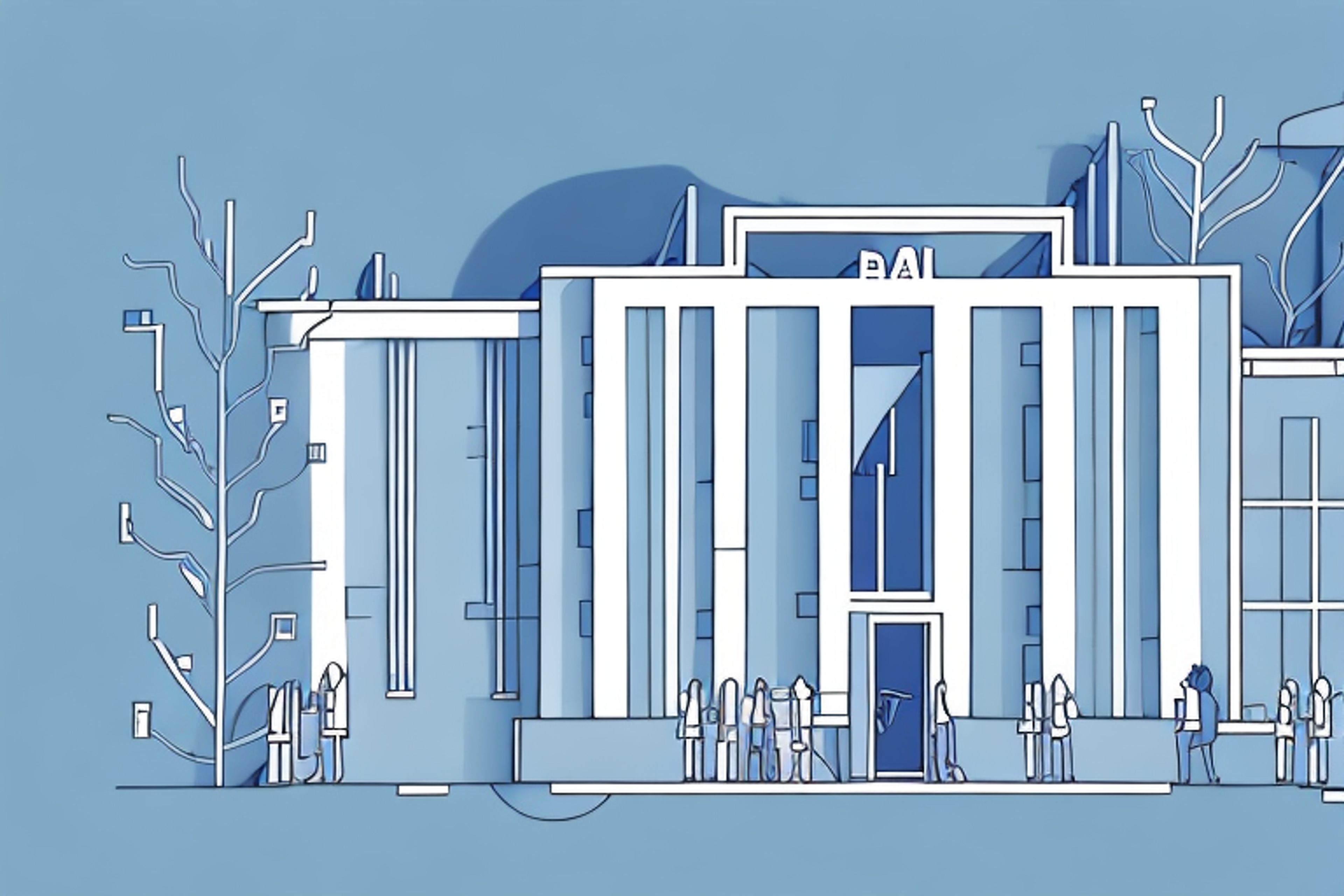Georgetown University School of Medicine: MD Program & Application Overview
Thinking of applying to Georgetown University School of Medicine? Learn all about the MD program and application process with our comprehensive guide.
Posted April 10, 2025
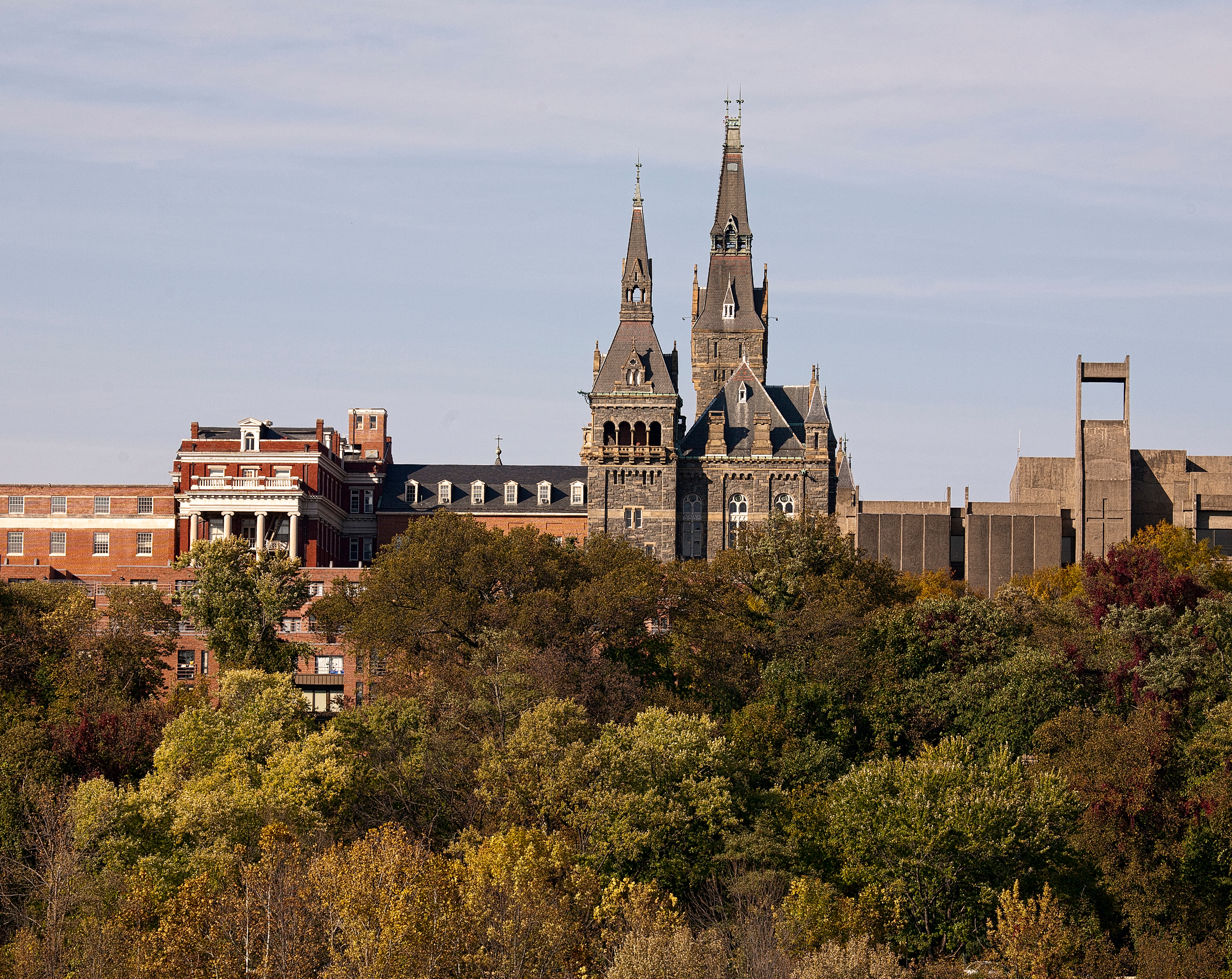
Table of Contents
Free Event

Featuring Jaspreet K.
Ask Me Anything: Medical School Applications
Starting Friday, April 25
12:00 AM UTC · 30 minutes

Featuring Jaspreet K.
Founded in 1851, the School of Medicine at Georgetown University is the most applied-to medical school in the nation, with a rigorous medical curriculum and top-tier faculty training the next generation of physicians. As part of the Georgetown University Medical Center and with its proximity to the NIH in Washington, DC, the Georgetown University School of Medicine (GUSOM) has a strong emphasis on biomedical research, especially translational research. Georgetown University Medical Center is the home of research landmarks including the artificial heart valve, single-letter code for amino acids, and the HPV test. GUSOM is also the oldest Catholic medical school in the country, utilizing a cura personalis, or care of the whole person, approach to clinical care as part of its Jesuit tradition. In this article, we’ll explore the MD program at this historic medical school and how you can craft a successful application.
Georgetown University School of Medicine MD Program
The medical curriculum at Georgetown is divided into three phases: the Foundational Phase, Core Clinical Phase, and Advanced Clinical Phase. In addition to the MD degree, GUSOM offers Longitudinal Academic Tracks allowing medical students to explore up to two areas of interest through extracurricular opportunities and graduate with a distinction. Georgetown University School of Medicine also offers dual degrees including the MD/PhD, MD/MBA, MD/MALS, MD/MPH, and MD/MS.
Longitudinal Academic Tracks:
- Diversity, Equity, & Inclusion in Medicine Track
- Environmental Health and Medicine Track
- Health Justice Scholar Track
- Healthcare Leadership Track
- Literature and Medicine Track
- Medical Education Research Scholar Track
- Population Health Scholar Track
- Primary Care Leadership Track
- Spirituality in Medicine Track
- Bioethics Academic Track
Foundational Phase
In the first phase of the MD curriculum, students will complete organ system-based modules and a Cura Personalis course that covers the tenets of patient care. They’ll also participate in week-long Intersession courses on special topics such as nutrition and population health. Students will also prepare for and complete the USMLE Step I at the end of this phase.
Core Clinical Phase
The second phase begins with a Bootcamp week and two Intersessions, after which students complete required clerkships in family medicine, internal medicine, surgery, neurology, obstetrics and gynecology, pediatrics, and psychiatry. Students will also complete a Selective clerkship in anesthesia, child psychiatry, dermatology, emergency medicine, geriatrics, interventional radiology, physical medicine and rehabilitation, radiology, radiation oncology, surgical pathology, or an additional two weeks of neurology.
Georgetown University School of Medicine also offers two Longitudinal Integrated Clerkships in Baltimore or in the Washington metropolitan area, which are opportunities for students to gain additional training in specialties of their interest. Clerkships take place at MedStar Health locations, the Veterans’ Affairs Medical Center, Walter Reed Army Medical Center, and other affiliated hospitals in the DC area. At the end of the phase, students will take the OSCE.
Advanced Clinical Phase
In their final year, students are required to complete one Acting Internship in either the Internal Medicine Wards or in the Medical Intensive Care Unit and one Selective Acting Internship. Students will also complete four weeks of emergency medicine and gain Advanced Cardiac Life Support (ACLS) certification, as well as a week of pharmacology. They’ll also have 24 weeks to dedicate to elective rotations, building their competency in a wide variety of medical areas, from pain management to neurosurgery, and preparing for the USMLE Step 2 and residency.
Independent Scholarly Project
The Independent Scholarly Project (ISP), in which students conduct research building their skills in technical medical writing, oral and poster presentation, study design, and collaboration with faculty, is required to graduate. Students will identify a research topic in basic science research, clinical research, patient database analysis, patient quality care improvement, medical education research, or population science research and choose a faculty mentor. These faculty mentors will guide students throughout the design and completion of their projects, which will be presented on the annual Student Research Day.

GUSOM MD Application Process
Like most medical schools, Georgetown University School of Medicine requires you to submit a primary application through AMCAS. The admissions committee is seeking students who can demonstrate academic achievement, character, maturity, and motivation, so it’s important you have a well-rounded application showing not just academic achievement but also commitment to serving future patients.
Application Deadlines (2023-2024 Cycle)
| AMCAS Application Opens | May 3, 2023 |
| AMCAS Application Submissions Begin | May 31, 2023 |
| AMCAS Application Due | November 3, 2023 |
| Transcripts Due | November 17, 2023 |
| Secondary Application Due | November 24, 2023 (MD/PhD) December 15, 2023 (MD) |
All deadlines are at 11:59 PM Eastern Time. Deadlines for the 2024-2025 application cycle have not been posted, so stay up-to-date with the GU School of Medicine admissions website.
If you are a current Georgetown undergraduate, you may be eligible for the Early Assurance Program, which grants assurance of admission by the time you complete your sophomore year.
Academic Prerequisites
To be eligible for admission to Georgetown University School of Medicine, you’ll need to be a US citizen, non-citizen eligible for federal financial aid, or DACA recipient with a bachelor’s degree and at least 90 credit hours of coursework, with only 8 hours of prerequisites remaining, completed by the time of application. Community college coursework will be accepted, although coursework at a four-year institution is preferred. AP and IB coursework can be used to fulfill the prerequisites if college credit was granted. The admissions committee does not accept online or hybrid coursework except for those completed from spring 2020 to spring 2021. Prior to matriculation, you’ll need to complete courses in the following subjects:
- General Biology: 8 semester hours with lab
- General Chemistry: 8 semester hours with lab
- Organic Chemistry: 8 semester hours with lab
- Biochemistry is recommended and may replace one semester (lab not required)
- Physics: 8 semester hours with lab
- Mathematics: 1 semester of college-level mathematics, statistics is also accepted
The admissions committee also recommends taking classes in microbiology, computer science, cellular physiology, genetics, embryology, biostatistics, quantitative analysis, physical chemistry, humanities, and social and behavioral sciences.

AMCAS Application
- Identifying Information: You’ll submit your biographic information here.
- Schools Attended: You’ll need to enter all high schools, colleges, and universities attended, as well as official college and university transcripts.
- Biographic Information: Here, you’ll enter additional personal information, such as language proficiency, place of residence, and any challenges you have faced.
- Coursework: Enter all postsecondary courses you took. These will be used to calculate your AMCAS GPA.
- GU School of Medicine considers science GPAs below 3.0 to be non-competitive and above 3.6 to be highly competitive.
- Work/Activities: You’ll enter up to 15 experiences here, such as employment, extracurriculars, honors and awards, and publications. While not required, the School of Medicine strongly recommends presenting the following experiences in your application:
- Clinical experience such as shadowing a physician, medical mission trips, scribing, and community EMS, with most of this taking place in the US
- Research in any academic discipline
- Direct service to an underserved population
- Letters of Evaluation: You’ll need to submit at least two individual letters of evaluation or one committee letter (if your institution has a pre-medical committee).
- You can submit up to five letters.
- Essays: You’ll need to submit a personal comments essay of 5,300 characters or less explaining why you are pursuing medicine. This essay is sent to all medical programs you apply for.
- If you’re applying for the MD/PhD program, you’ll need to submit two additional essays, the MD/PhD essay and the Significant Research Experience essay. If your work was published, you should include the full citation in the Work/Activities section.
- Standardized Tests: In this section, you’ll submit your MCAT scores from a test from the last three years. You can also submit scores from AAMC PREview, LSAT, GRE, GMAT, or MAT exams
- GU School of Medicine does not have a minimum MCAT score required to apply, but it considers section scores below 125 to be non-competitive.
- Fees: Finally, you’ll need to pay a $175 fee for the first medical school you apply for and $45 for additional medical schools.
For more information, see the 2024 AMCAS Applicant Guide.
GU School of Medicine Secondary Application
GUSOM starts emailing invitations to fill out the secondary application in July, which includes a $130 fee and essays. The prompts are:
The Georgetown University School of Medicine (GUSOM) strives to ensure that its students become respectful physicians, with cultural humility, who embrace all dimensions of caring for the whole person. With our Jesuit values of Cura Personalis, People for Others, and Community in Diversity, we are steadfast in our commitment to racial justice and to addressing the health inequities exacerbated by the recent pandemic. Please describe how your values, life experiences, and your identity will contribute to these GUSOM priorities. (1,000 characters) Is there any further information that you would like the Committee on Admissions to be aware of when reviewing your file that you were not able to notate in another section of this or the AMCAS Application? (1,000 characters) Why have you chosen to apply to the Georgetown University School of Medicine and how do you think your education at Georgetown will prepare you to become a physician for the future? (3,000 characters)
When answering these prompts, it’s important to focus on the unique qualities that make you stand out from GU School of Medicine’s large applicant pool and show how you will contribute to the incoming class as both a future physician and a person. You should also consider the School of Medicine’s tradition of cura personalis, which is integral to its development of physician-healers committed to care of psychological, spiritual, social, and physical well-being of patients and to addressing the needs of underserved groups.

GUSOM MD Admissions Criteria
Georgetown University School of Medicine seeks to educate “a diverse student body to become knowledgeable, ethical, skillful, and compassionate physicians and biomedical scientists who are dedicated to the care of others and to the health needs of our society,” so it reviews applications holistically. Admissions decisions are released on a rolling basis.
Georgetown Medical School Interview Process
After submitting the AMCAS and secondary applications, you may be invited to attend a virtual interview. First, you’ll attend an informational presentation, followed by a one-on-one interview with either a faculty member or fourth-year student. The interview lasts approximately 30 to 45 minutes and is mainly intended to get to know you and your non-cognitive skills better, so the questions are behavioral in nature. GU School of Medicine encourages you to talk about your background, motivation for becoming a physician, and personal interests and goals in the interview.
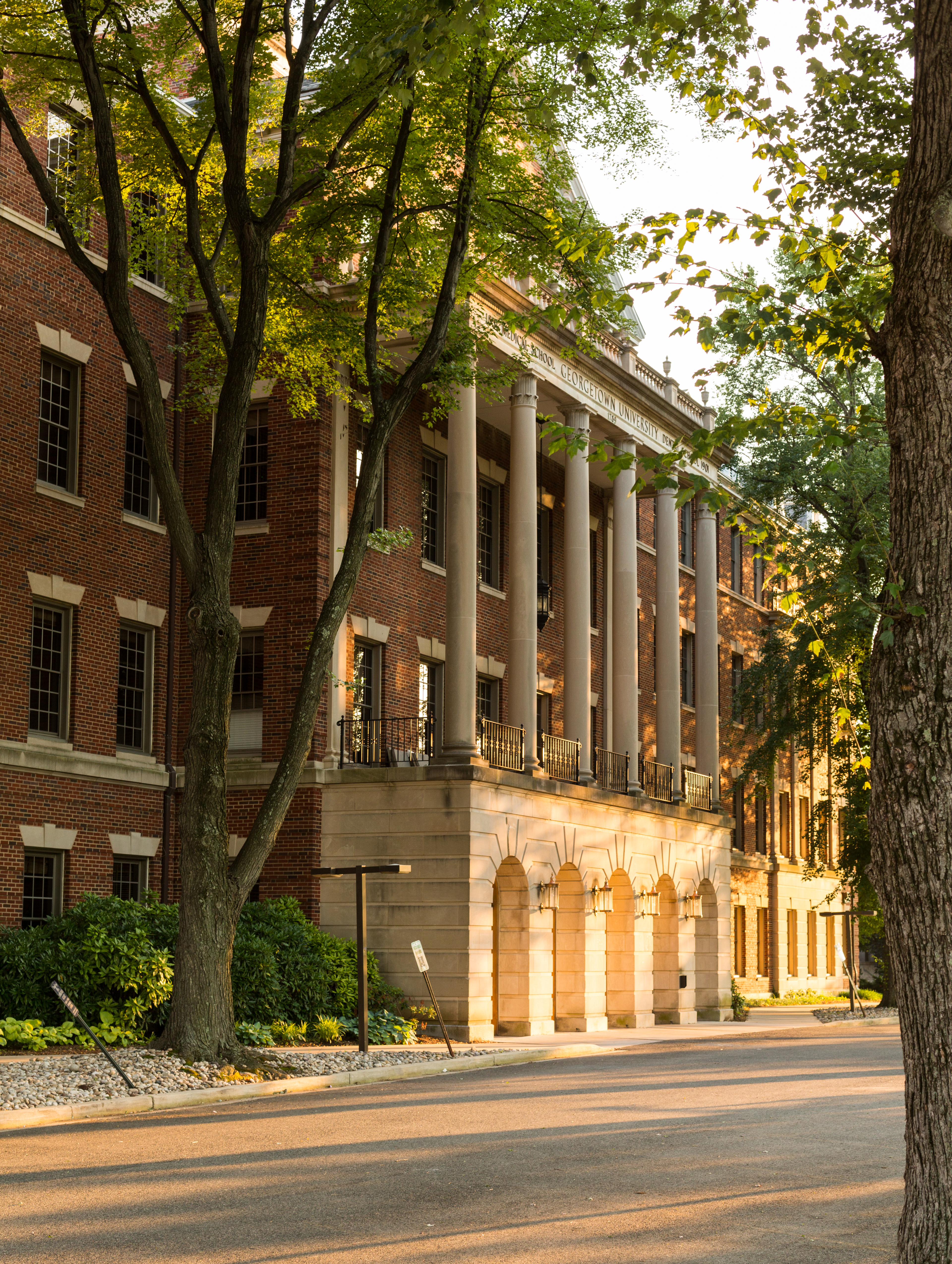
MD Class Profile (Class of 2027)
- Applicants: 16,018
- Interviews: 1,011
- Class Size: 201
- Acceptance Rate: 1.3%
- Average GPA: 3.78
- Average MCAT: 512
- Female Students: 62.7%
- Underrepresented in Medicine: 18%
- Hold Advanced Degrees: 25%
Cost of Attendance
Like most private medical schools, GUSOM can be fairly expensive to attend. However, you can apply for need-based institutional scholarships and supplement your financial aid with external scholarships, loans, and grants. See the estimated cost of attendance below.
| M1 | M2 | M3 | M4 | |
|---|---|---|---|---|
| Tuition | $63,040 | $63,040 | $63,040 | $63,040 |
| Fees | $11,093 | $8,963 | $7,633 | $8,407 |
| Books, Supplies, & Equipment | $2,000 | $1,000 | $1,000 | $800 |
| Licensing Exam Fees | NA | $750 | $750 | NA |
| Residency Application/ERAS | NA | NA | NA | $3,000 |
| Federal Student Loan Fees | $3,334 | $3,280 | $3,378 | $3,385 |
| Food & Housing | $21,500 | $23,650 | $25,800 | $21,500 |
| Personal Expenses | $3,750 | $4,125 | $4,500 | $3,750 |
| Transportation | $2,500 | $3,000 | $4,500 | $3,750 |
| Health Insurance | $3,700 | $3,500 | $3,500 | $3,500 |
Living in Washington, DC, like any major city, can be quite expensive, especially since the school does not offer housing to medical students. However, GUSOM will assist you in finding off-campus housing, and the affordable public transportation of the Washington, DC area allows students to live in various neighborhoods while still having a convenient commute to campus.
Career Development
Beginning in M3, students are assigned a Clinical Advisor who will help them determine a specialty and prepare for residency applications. Residency applications can be highly competitive, especially for specialties such as dermatology and neurosurgery, so it’s important to take advantage of career development opportunities, such as specialty-based student organizations and Learning Societies, early on. The most popular specialties GU School of Medicine graduates matched into are internal medicine, anesthesiology, and orthopedics.
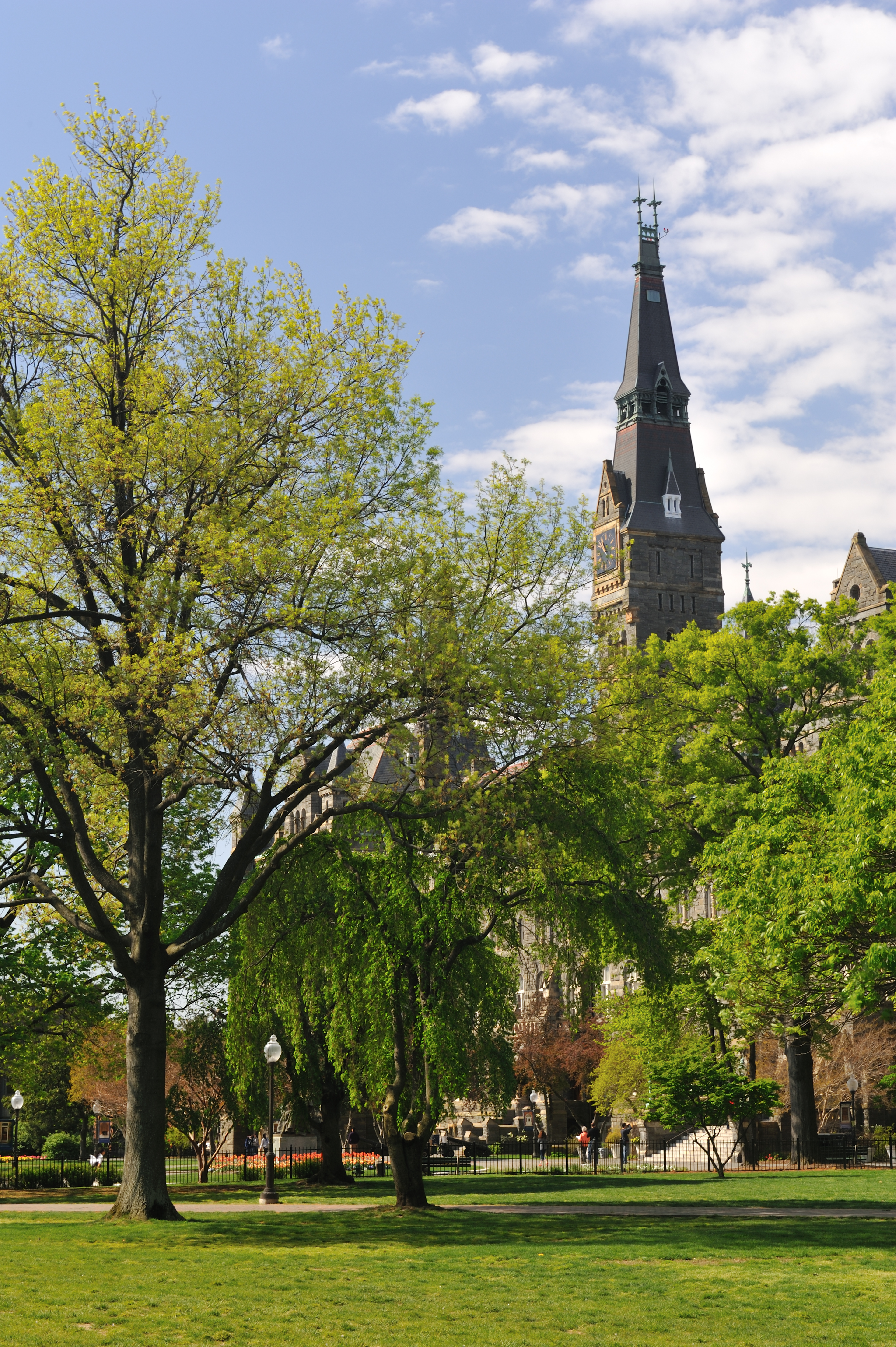
GUSOM FAQs
Q: Who should my letters of evaluation come from?
- A: If your institution has a pre-medical committee, a committee letter is preferred. GUSOM recommends you balance your academic, clinical, and service letters. If you are currently in a graduate science program, a letter from your graduate faculty advisor is highly recommended. If you have been out of school for more than three years, you may submit entirely non-academic letters.
Q: Can I apply if I have been out of school for some time?
- A: Yes, but if you completed your prerequisites more than five years ago you’ll need to have completed upper-level science coursework in a graduate or post-baccalaureate program within the past five years.
Q: Are candidates pre-screened before the secondary application?
- A: Only international students are pre-screened.
Q: Can I defer enrollment after being accepted?
- A: Yes, you can defer enrollment for one or two years.
For more resources on crafting a successful medical school application, check out the articles below:
